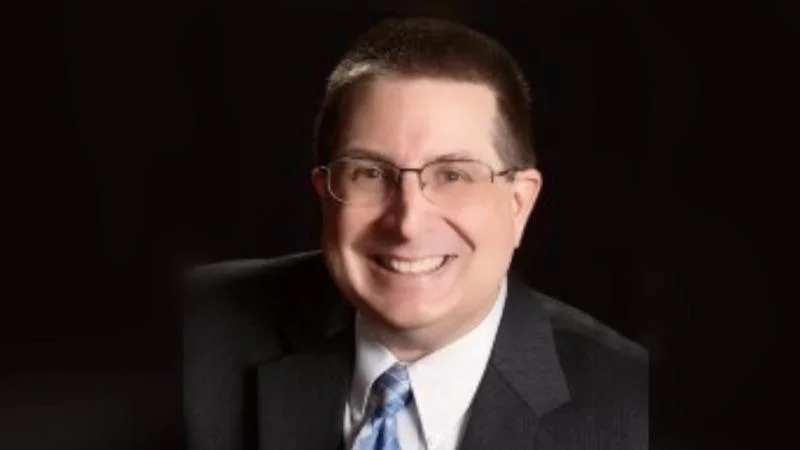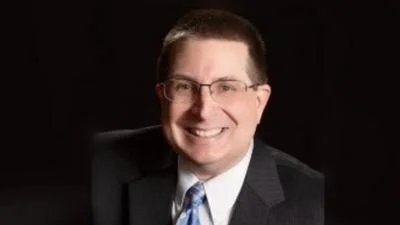Dean Rieck, Executive Director at Buckeye Firearms Association | LinkedIn
Dean Rieck, Executive Director at Buckeye Firearms Association | LinkedIn
The Trump administration has repealed an advisory from the Department of Health and Human Services (HHS) on firearm violence, which was originally published under former Surgeon General Vivek Murthy. This action follows President Trump's executive order titled "Protecting Second Amendment Rights," aimed at eliminating any perceived infringements on citizens' rights to bear arms.
The White House stated to The Guardian that "illegal violence of any sort is a crime issue," reaffirming President Trump's commitment to law enforcement in maintaining safety. This move comes amidst criticism from firearms prohibitionists who were displeased with the removal of what they viewed as an important document addressing gun violence as a public health crisis.
The National Rifle Association (NRA) had previously expressed opposition to Murthy's appointment during the Obama-Biden administration, citing concerns over his stance on gun control. Murthy, who led Doctors for America, was criticized by the NRA for using his position to promote gun control measures.
Murthy assured Senators at his confirmation hearing that he would focus on issues like obesity rather than using his platform for gun control advocacy. However, during his second term under President Biden, Murthy released a 40-page advisory declaring firearm violence a public health crisis. The NRA argued that this advisory did not address medical issues related to guns but instead promoted longstanding gun control policies.
According to The Guardian, framing firearm violence as a public health issue increased federal funding for research into preventive methods. Critics argue that such research often concludes with recommendations against gun ownership or calls for making firearms less accessible for self-defense purposes.
A gun control advocate cited by The Guardian claimed that labeling firearm violence as a public health issue could depoliticize the debate and unify efforts. However, critics see it as politicizing science and redirecting taxpayer money towards undermining Second Amendment rights.
This recent repeal marks a step towards aligning with President Trump's executive order and may lead to further actions against publicly funded anti-gun advocacy disguised as public health research.






 Alerts Sign-up
Alerts Sign-up